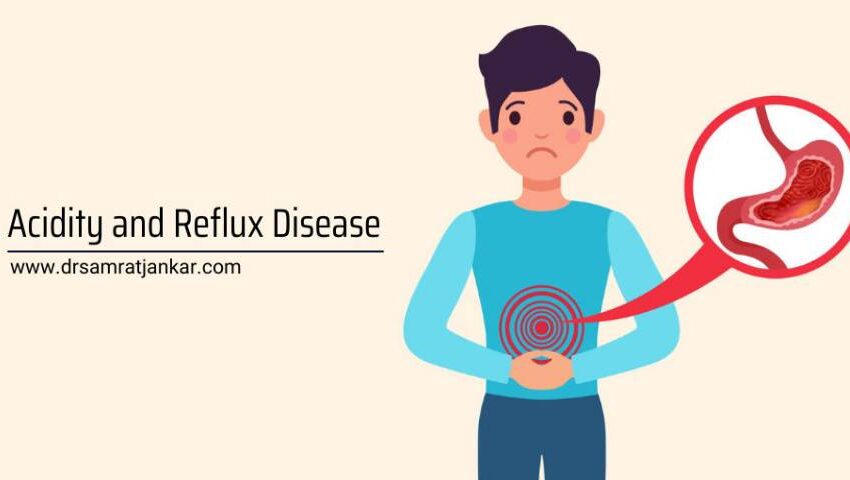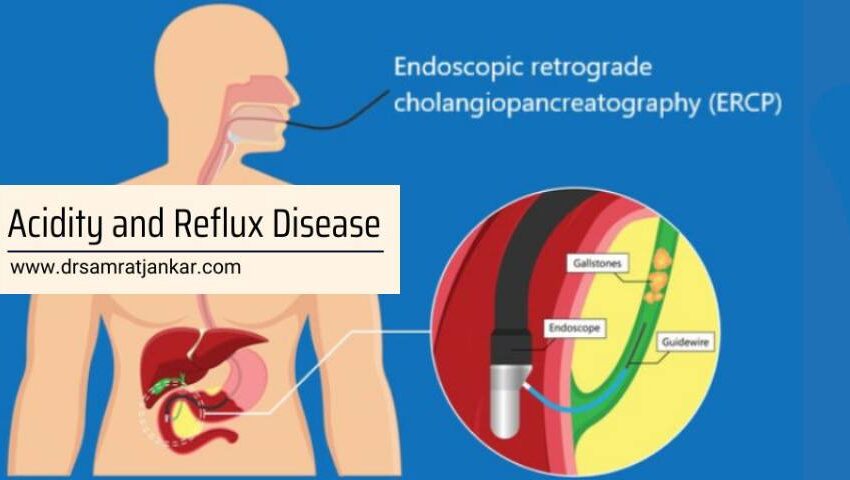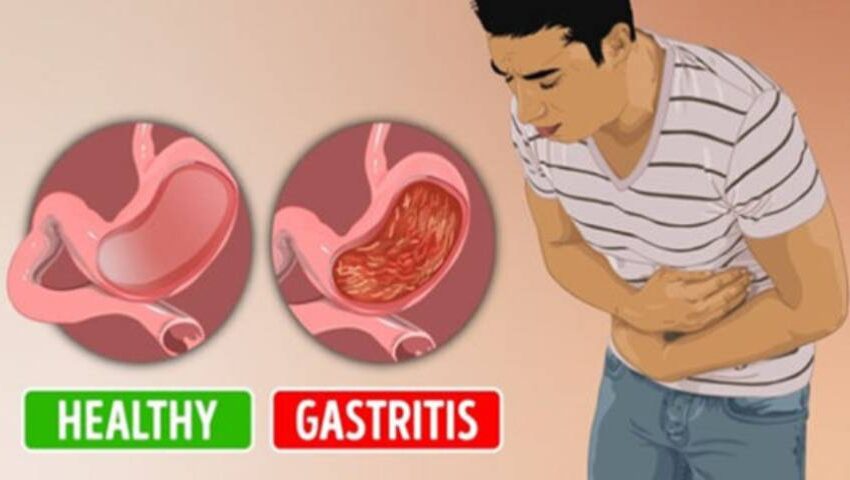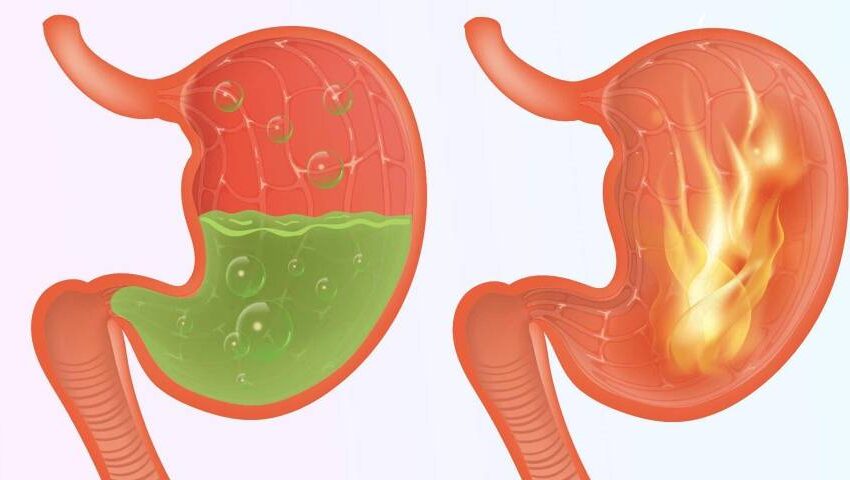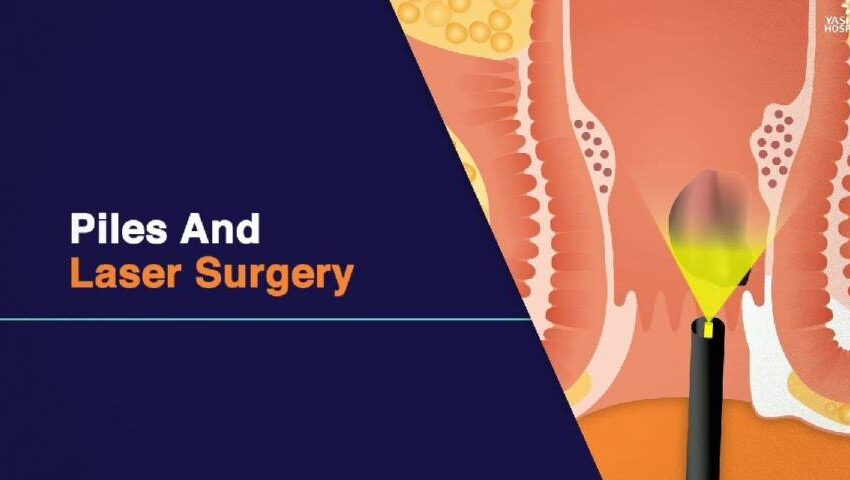Cholesterol and heartburn are related?
Patients who are overweight frequently suffer from heartburn caused by cholesterol. Excessive stress and eating right before bedtime are two lifestyle choices that might induce heartburn in certain people.
Acid reflux disease: What one should know?
Acid reflux that occurs once in a while isn't a cause for alarm. It can damage your esophagus or rarely lead to cancer if it happens frequently, disrupts your everyday routine, or is caused by GERD. Read on to view the full details...
Everything you need to know about the ERCP procedure.
ERCP is a procedure that involves inserting a flexible, lightweight tube (endoscope) through your mouth and into your stomach and the first part of your small intestine (duodenum).
Endoscopy- Everything you got to know!
An endoscopy is a procedure where organs inside your body are looked at using an instrument called an endoscope. An endoscope is a long, thin, flexible tube that has a light and camera at one end. Images of the inside of your body are shown on a television screen.
7 tips that will help you to keep your digestive system healthy
Many people in Pune have digestives issues. They visit their best gastroenterologist in Pune. You do not want to have problems in your digestive system, right? So, here are some ways with which you can keep your digestive tract in a good shape:
Treatment Options for Gastritis | Dr. Samrat Jankar
Gastritis is a condition in which the lining of the stomach becomes inflamed and irritated.
Causes, Treatment & Symptoms of Ulcer
Don’t ignore ulcers; book a consultation@07904139064 with Dr Samrat Jankar, one of the best gastroenterologist in Pune, to get the most effective ulcer treatment.
When should you visit a gastroenterologist ?
People suffering from frequent digestive issues and not experiencing relief after seeking over-the-counter (OTC) medicines or treatment from a general physician need to visit a gastroenterologist on a priority basis.
Dysphagia – causes & treatment
Dysphagia is a problem with swallowing in which food must be moved from the mouth to the stomach with more effort than usual. Read on to view the full details..
Laser Surgery for Fistula
Fistula is a painful sore within the intestinal wall or surrounding organs that causes discomfort. Surgery is the most preferred way to treat fistula amongst all the available treatment options.


